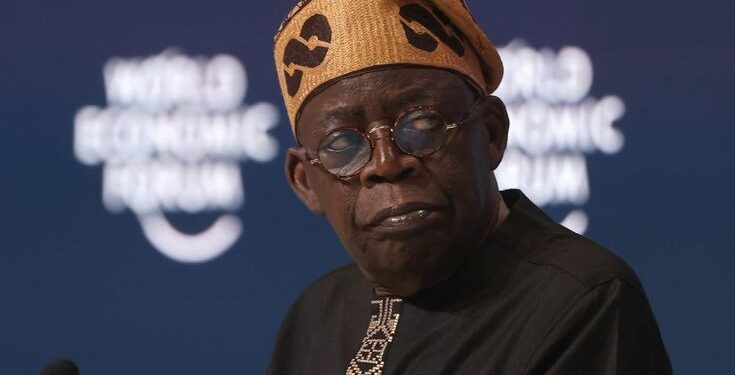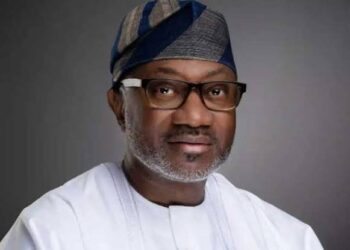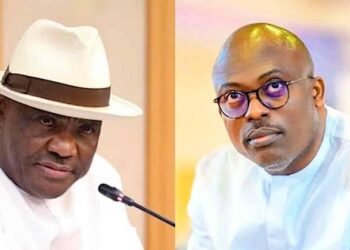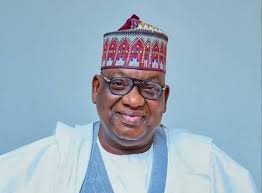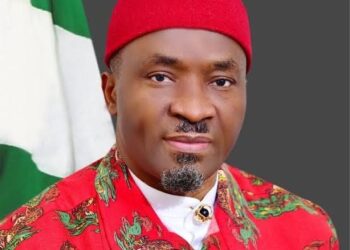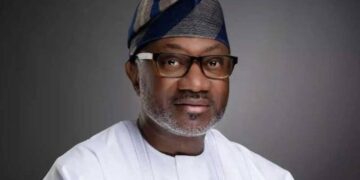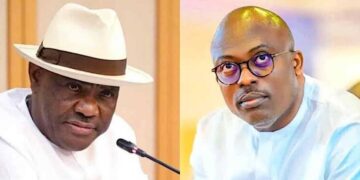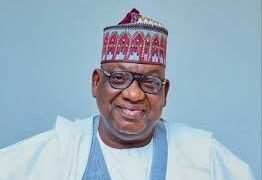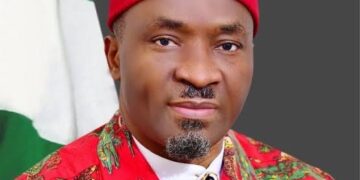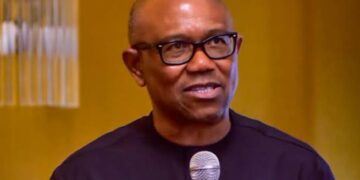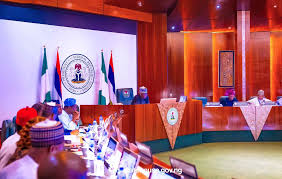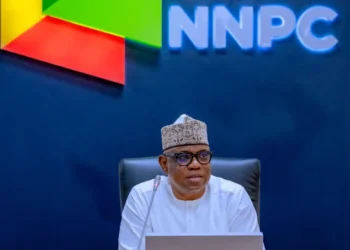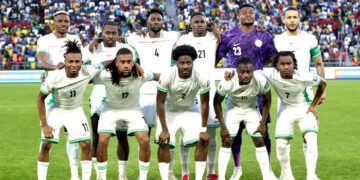On Tuesday, President Tinubu has submitted a request to the Senate for authorization to borrow 21.5 billion dollars, EUR 2.1 billion and 15 billion yen. It also seeks a grant of 65 million euros.
The president said in a letter: “In the light of the removal of the fuel subsidy and its impact on the national economy, approval is called for the borrowing plan, which amounts to USD 21,543,647,912, and EUR 2,193,856,324.54. And in Japanese Yen, 15 billion Yen and grant of 65 million, respectively.
Recall, just recently, the presidency widely reported to have paid off $3.4b IMF loan. Further investigations reveal the amount of to be COVID-19 loan from IMF which was repaid, excluding charges.
The president said: “This initiative aims to generate employment, promote skill acquisition, foster entrepreneurship, reduce poverty, and enhance food security, as well as to improve the livelihoods of Nigerian. Majority of these projects and programs will be implemented across all 36 states and the Federal Capital Territory.
“In light of the significant infrastructure deficit in the country and the power of financial resources needed to address this gap amid declining domestic demand, it has become essential to pursue prudent economic borrowing to close the financial shortfall.
Since May 2023, President Tinubu’s led administration has borrowed approximately $7.2 billion in external loans, all from the World Bank. These include, $750 million (June 2023) for power sector recovery, $500 million (June 2023) for women empowerment, $800 million (July 2023) for social safety nets, $700 million (September 2023) for adolescent girls’ education, $2.25 billion (June 2024) for economic stabilization, $1.57 billion (September 2024) for health, education, and power, and $632 million (March 2025) for nutrition and education.
President Tinubu further said, “These funds will primarily be directed towards critical infrastructural projects, including railways, healthcare among others. Given the market nature of these needs and the importance of stabilizing the economy, it is crucial to seek the consideration and approval of the House of Representatives for the 2025-2026 External Borrowing Plan.
“This will enable the government to fulfill its obligations to the Nigerian people through timely disbursement and effective project implementation.”


